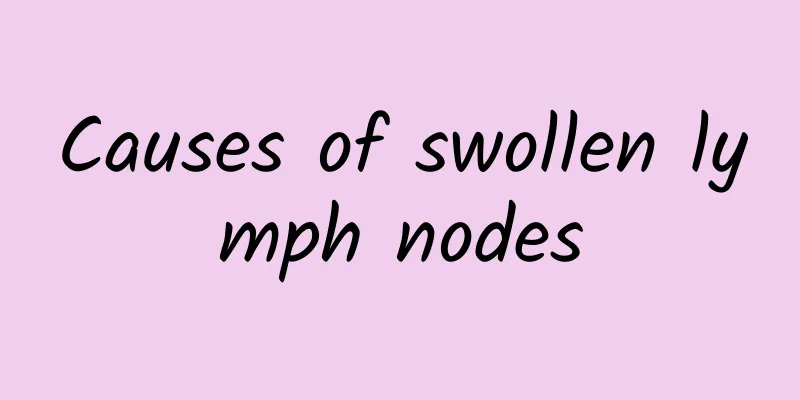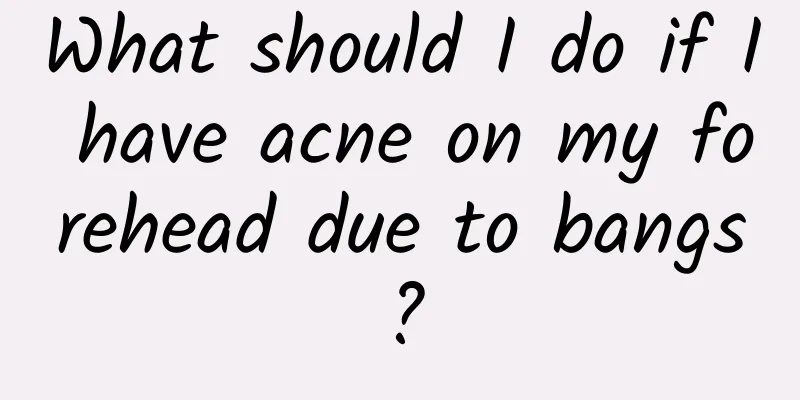What should I do if my baby swallows gum?

| The baby's body is very fragile, especially in the gastrointestinal digestive system. The baby does not have a complete digestive ability for most conventional foods. Therefore, accidentally eating some foods that are not suitable for the baby will bring some side effects to the baby's body. For example, what should I do if a baby swallows chewing gum? Let’s take a look at the explanation below, I hope parents can understand it. What happens if a child swallows chewing gum? The ingredients of chewing gum are relatively complex, and generally contain sugars, gum bases, food additives, edible flavors and other substances. The additives used in chewing gum generally include food coloring, antioxidants, lubricants, etc. Different types of chewing gum have different sources of sweetness. There are ordinary chewing gums that use white sugar or syrup, or sugar-free chewing gums that use xylitol or sorbitol to prevent tooth decay. Among these ingredients, the most basic is the gum base, which is the part that allows us to chew. Originally, the gum base was made of chicle resin collected from red pine trees, but the output of natural chicle resin is small. Now most chewing gums are replaced by other natural or synthetic ingredients. Regardless of whether the gum base is made from natural or synthetic ingredients, it cannot be digested by the human digestive system. But it will not remain in the stomach and intestines forever after being swallowed. The human body has another way to deal with this kind of indigestible things: just push it down along the digestive tract until it reaches the end one day and is excreted. This journey does not take 7 years as the scary legend says. In fact, whether it is chewing gum or other similar foreign objects, it takes about 1-2 days to a week for the human body to excrete them. Compared to the tens of billions of chewing gums consumed each year, the number of cases requiring hospitalization and serious treatment due to chewing gum swallowing is very small. In addition to the fun of blowing bubbles, chewing gum is also beneficial to human health, such as reducing bad breath, increasing saliva secretion, improving appetite, cleaning the mouth, preventing tooth decay, etc. Our advice to parents who are considering whether to allow their children to chew gum is this: However, chewing gum is not a candy that should be eaten, so children must be made clear that they cannot swallow it. Make sure you explain this clearly to your child before giving him gum. But don't use scaremongering methods like saying that swallowing it will make people sick or die. This will only unnecessarily increase children's fear and the workload of science enthusiasts 20 years later. It is difficult for children aged 0-3 to fully understand and grasp the requirement of not swallowing. It is best not to let children chew gum. We recommend that children start chewing gum at an age of 4-5 years old or above. |
<<: How to treat onychomycosis in children?
>>: What are the dangers of chewing gum frequently?
Recommend
Chinese patent medicine for promoting qi, activating blood circulation and removing blood stasis
Traditional Chinese medicine is a relatively prof...
How to Improve Bone Density
Nowadays, people pay special attention to their p...
What medicine should I take for bad breath caused by gastrointestinal tract?
Bad breath often occurs in our lives. Sometimes w...
Dizziness and cough are symptoms
Dizziness and coughing are relatively common symp...
Can I eat durian while taking Chinese medicine? Are there any taboos?
There are many dietary taboos while taking Chines...
What foods are good for cerebral thrombosis? What should I eat if I have cerebral thrombosis?
Cerebral thrombosis refers to various emboli in t...
Is yellow sperm normal? What's going on?
Yellow sperm is very common. Many factors need to...
Is it normal to delay menstruation by 10 days? What are the reasons for delayed menstruation?
In life, if a woman’s menstrual cycle has always ...
Itchy, red, dry and flaky face
Everyone loves beauty. Even the slightest flaw on...
There is a solution to get rid of illness! Improve microcirculation and enhance self-healing ability
How to improve the root cause of pain in the body...
Treatment of uterine prolapse
The so-called uterine prolapse is that the female...
Baby urticaria recurring
Urticaria is a skin disease that is prone to recu...
What is the effect of applying scorpion wine externally?
In life, we are bound to encounter some injuries....
Blood transfusion process and precautions
Blood is an important component of the human body...
Children vomiting and convulsions, three reasons are most worthy of attention
Umbilical corde="text-indent: 2em; text-align...









